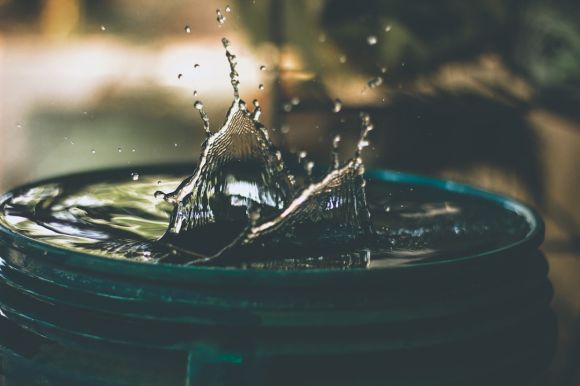Water is a precious resource that is essential for all life on Earth. However, with the increasing demands of population growth and climate change, it is becoming more important than ever to conserve water. By implementing a few simple changes in our daily lives, we can all contribute to the efficient management of this valuable resource. Here are some tips for water conservation:
1. Fix Leaks and Drips
One of the easiest ways to conserve water is to fix any leaks or drips in your home. A dripping faucet or a leaking pipe may seem insignificant, but over time, it can waste a significant amount of water. Regularly check for leaks and make sure to repair them promptly.
2. Install Water-Saving Fixtures
Another effective way to conserve water is by installing water-saving fixtures in your home. Replace old toilets with low-flow models that use less water per flush. Install aerators on faucets to reduce water flow without sacrificing pressure. These simple changes can significantly reduce your water consumption.
3. Be Mindful of Water Usage in the Bathroom
The bathroom is one of the main areas where water is wasted. Take shorter showers and turn off the tap while brushing your teeth or shaving. Consider installing a dual-flush toilet that allows you to choose between a full flush or a half flush, depending on your needs.
4. Upgrade Your Appliances
Older appliances such as washing machines and dishwashers can use a lot of water. Consider upgrading to energy-efficient models that use less water and have shorter cycles. Look for appliances with the WaterSense label, which indicates that they meet water efficiency standards set by the Environmental Protection Agency (EPA).
5. Collect Rainwater
Rainwater harvesting is a great way to conserve water and reduce your reliance on the municipal water supply. Install a rain barrel or a rainwater harvesting system to collect rainwater from your roof. You can use this water for gardening, washing your car, or other non-potable uses.
6. Water Your Plants Wisely
When it comes to watering your plants, it’s important to do so efficiently. Water early in the morning or late in the evening to reduce evaporation. Use a drip irrigation system or a soaker hose to deliver water directly to the roots, minimizing waste. Mulching around plants can also help retain moisture in the soil.
7. Adjust Your Lawn Care Practices
Maintaining a green lawn can be water-intensive, especially in dry climates. Consider reducing the size of your lawn or replacing it with native plants that require less water. Set your lawn mower blades higher to promote healthier grass that requires less water. Water your lawn only when needed, and avoid watering on windy days to prevent water loss.
8. Educate and Involve Others
Water conservation is a collective effort. Educate your family, friends, and neighbors about the importance of conserving water and share these tips with them. Encourage them to make simple changes in their daily lives to save water. By working together, we can make a significant impact on water conservation.
In conclusion, water conservation is crucial for the sustainable management of this precious resource. By following these tips, we can all contribute to the efficient use of water in our daily lives. Remember, every drop counts, and together we can make a difference. Start implementing these changes today and be a part of the solution for a water-scarce future.
